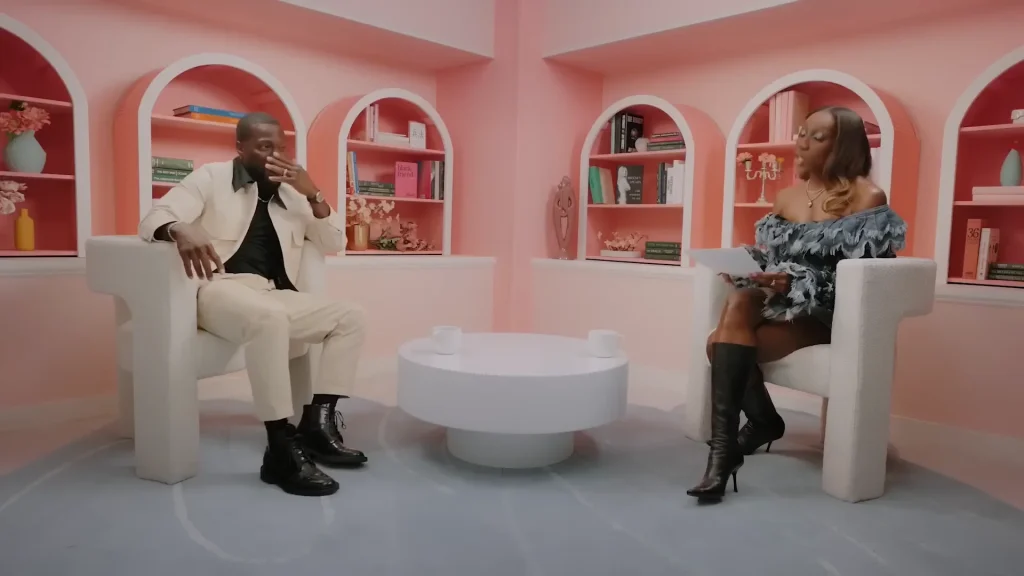Every few months, a clip goes viral in which someone, usually a comedian, podcaster, or interviewer, asks a man to choose between “a gay son or a thot daughter.”
It’s meant to be provocative, humorous, and social media engaging. But the truth is, the question isn’t clever. It’s tired. It’s regressive. And it says more about the people asking it than the people answering.
Most recently, during an interview with Kevin Hart, Ziwe revived the question yet again:
Ziwe: “Would you rather have a gay son or a thot daughter?”
Kevin Hart: “I would rather have two healthy kids. Like, it doesn’t matter to me… the fact that you have to put them in those categories says a lot about who you are.”
Hart’s response, whether motivated by political correctness or genuine growth, was the right one. But the bigger issue is that the question should never have been asked in 2025.
Because what does it imply? That a queer child is a problem.
That a sexually autonomous daughter is a problem. That both options are equally undesirable. That parenthood is about policing identities that don’t fit a narrow set of expectations.
— MiniKilla 🦊 (@MiniKilla_) November 25, 2025
We cannot say we’ve evolved culturally while still platforming questions designed to drag us back into outdated biases.
In a landscape filled with nuance, representation, and lived experiences, “gay son or thot daughter?” is low-hanging fruit. It’s not bold. It’s not edgy. It’s a shortcut to viral controversy, designed to ignite comment-section wars instead of meaningful dialogue.
When creators with massive platforms use these moments to chase shock value, they reinforce the same stigmas the culture claims it wants to move past.
It’s 2025. We’ve seen breakthroughs in LGBTQ+ rights, visibility, and acceptance. We’ve watched daughters, real and fictional, reclaim their autonomy, their bodies, their voices. We’ve had open conversations about gender, sexuality, mental health, masculinity, and identity in ways previous generations never could.
So why are we still framing children’s identities, sexual or otherwise, as hypothetical burdens?
If we recognize that the LGBTQ+ community deserves respect, that women deserve agency, and that children deserve unconditional love, then we must also recognize that these questions undermine that progress.
Ziwe is known for her provocative-on-purpose style. And Hart, with a massive global reach, handled the moment with surprising grace:
“Rights are rights. You should care about them all… Everybody has a voice, and everybody deserves to be heard.”
But at the level of visibility they both occupy, the bar is, and should be, higher. Millions watch these conversations. They travel beyond entertainment into cultural messaging.
Asking questions that pit LGBTQ+ acceptance against misogyny doesn’t challenge society; it caters to its worst habits.
We need better prompts. Ask about fatherhood. Ask about growth. Ask about accountability. Ask about the real issues affecting LGBTQ+ youth and young women today.
Just stop asking questions that reduce entire identities to punchlines. The world has changed. Our conversations should too.




